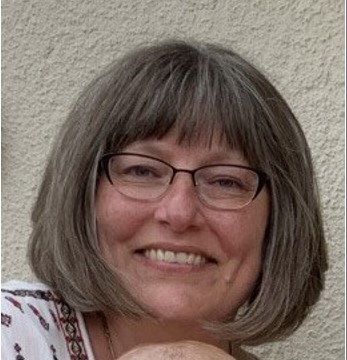
Last week on April 27th, at our in-person meeting we were visited by the Larimer County League of Women Voters (LWVLC). A primer on Ranked Choice Voting (RCV) was presented by Kathleen Schmidt. Hopefully, the citizens of Fort Collins will be able to make an informed choice in favor of RCV to elect our future city councils.
The current method of choosing our mayor and city council is called the “plurality winner” system (winner takes all even when they do not receive a simple majority). This is a familiar and simple method but can lead to costly runoffs, spoiler candidates and “splitting” the vote as well as voter disengagement.
Since 2005, seven Fort Collins mayor/city council races have been decided by less than 50% of the vote. A close look at the District 4 Council Race in 2021 shows that 70% of voters selected someone other than the “winner”.
The LWV of Larimer County supports RCV. Reasons include - ensuring that the winner has a majority, increasing voter participation and increasing positive campaigning. RCV eliminates the need for costly and delayed runoff elections and is also known as “instant runoff voting”. A representation of an RCV ballot was shown - the actual number (eg, candidate A-F) of candidates on such a ballot would be decided by the appropriate official (eg, CO Secretary of State in state elections).
A walk through the process - if there is a clear majority winner, the race is over. If not, an instant runoff begins - the candidate with the fewest votes is eliminated; those voters’ choice is relocated to their second choice, and this continues until there is a clear majority (50% +1) winner.
Now some common questions about the RCV ballot - Do I have to mark all the choices? Does it hurt my favorite candidate to have a 2nd choice? Can I rank a candidate more than once? The answer to all 3 is no. Some further benefits to RCV - historically underrepresented groups are more likely to be included using this system. There is increased voter turnout - the site Fairvote.org RCV has documented in multiple instances and places an increase in voter turnout.
How do voters respond to RCV? Surveys after the NYC mayor election as well as federal elections in UT and Maine showed up to 80% of the voters reporting an understanding and approval of the process. A US map showed the level of participation at the municipal, state, and federal level. Areas generally considered to be conservative tend to be later in the adoption of RCV. The participation in CO was illustrated in the next slide. Several municipalities are interested in, or starting to use RCV - the Denver Clerk and Recorder has recommended RCV for city council and Ft Collins is considering its use. Recent Colorado law has made it easier to adopt RCV.
Finally, a closer look at the “Fort”. Municipal elections are held every other year in April. The most recent (2021) cost the city $354,693. RCV should not significantly cost more. The soonest it could be implemented would be 2025. The process will move through an Election Code Committee to city council and hopefully a ballot decision this November.
We were all admonished to vote “yes” for RCV. Now we are an “informed electorate” thanks to the Larimer County League of Women Voters. At the very least we should educate ourselves and contact our city leaders (cityleaders@fcgov.com).